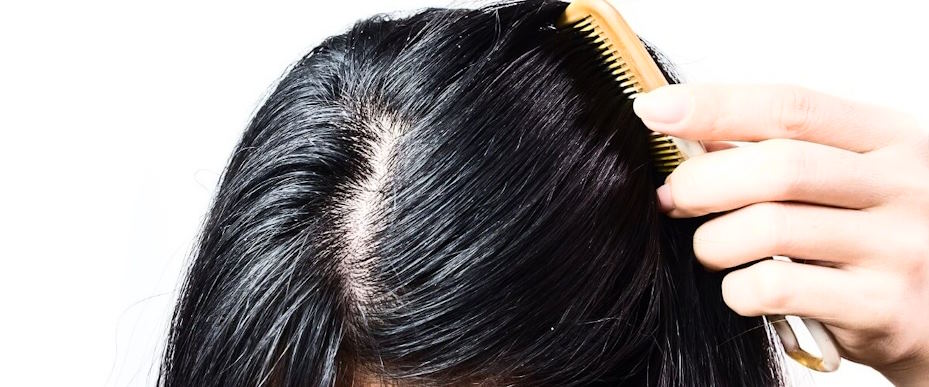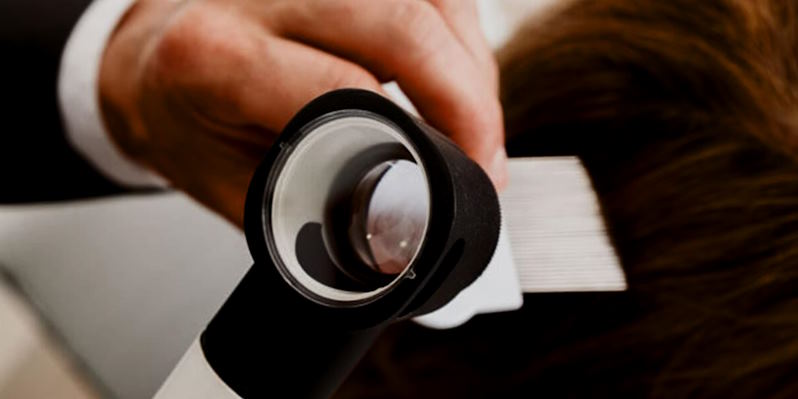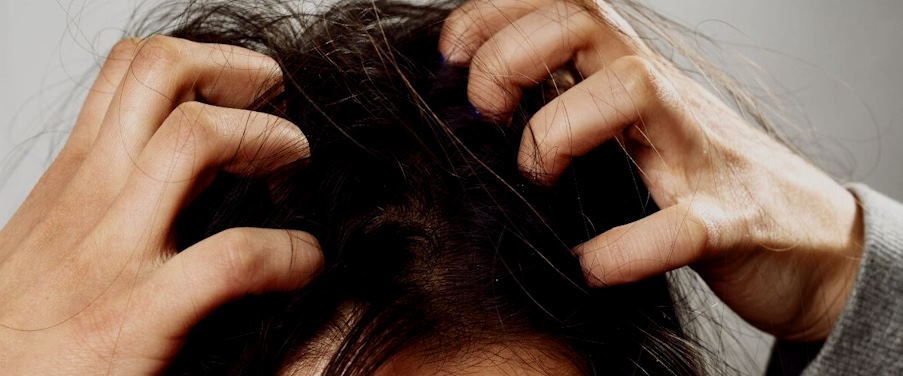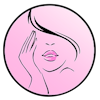
5 Signs That You Need to See a Trichologist: Understanding When Hair and Scalp Concerns Require Professional Attention
Hair and scalp health are essential aspects of overall well-being, but sometimes, certain issues that go beyond regular haircare routines may arise. Trichology is the branch of dermatology that focuses on the study of hair and scalp conditions, and a trichologist is a specialized healthcare professional who diagnoses and treats various hair and scalp problems. While many hair issues can be managed with home remedies and over-the-counter products, some require expert guidance.
Persistent Hair Loss
If you notice excessive hair shedding or bald patches that do not improve over time, it’s essential to seek professional evaluation. A trichologist can determine the underlying cause of hair loss and recommend appropriate treatments or lifestyle changes.
Chronic Scalp Issues
An itchy, flaky, or inflamed scalp that persists despite over-the-counter treatments may indicate an underlying scalp condition requiring expert attention. Trichologists can diagnose dandruff, scalp psoriasis, or seborrheic dermatitis and provide effective treatment plans.

Sudden Changes in Hair Texture or Appearance
If your hair suddenly becomes brittle, dry, or loses its natural luster, it may indicate an internal imbalance or external damage. Trichologists can assess your hair health and provide personalized recommendations for improved texture and appearance.
Receding Hairline or Thinning Edges
Receding hairline or thinning edges can be signs of traction alopecia or other forms of hair loss. Trichologists can evaluate the condition and offer solutions to prevent further hair loss.
Hair and Scalp Allergies
If you experience allergic reactions on your scalp or develop skin irritations after using hair products, a trichologist can identify potential allergens and suggest hypoallergenic alternatives.

Gathering Feedback and Tracking Improvements:
Tracking improvements is essential to assess the effectiveness of trichological treatments and ensure positive outcomes. Here are ways to gather feedback and measure progress:
- Follow-Up Consultations: Schedule appointments with the trichologist to discuss changes or improvements in hair and scalp health.
- Scalp Health Assessments: Trichologists can conduct regular scalp health assessments to monitor the condition and track progress.
- Self-Reported Symptoms: Encourage patients to provide feedback on changes in symptoms, such as reduced hair shedding, decreased itchiness, or improved hair texture.
- Before-and-After Photos: Documenting visual changes with before-and-after photos can visually demonstrate improvements over time.
Long-Term Impact on Hair and Scalp Health
Visiting a trichologist and addressing hair and scalp concerns can have profound long-term effects on overall hair health and well-being. Early detection and treatment of hair and scalp conditions can prevent further damage and promote regrowth. Personalized psychological care can improve hair texture, volume, and shine, boosting confidence and self-esteem.
Recognizing the signs that necessitate a visit to a trichologist is crucial for maintaining optimal hair and scalp health. Trichologists are specialized professionals who diagnose, treat, and manage various hair and scalp conditions. By seeking their expertise, individuals can effectively address hair loss, scalp issues, and other concerns. Regular technological consultations and personalized treatment plans can lead to healthier, more vibrant hair, ensuring that individuals can confidently embrace their crowning glory.
